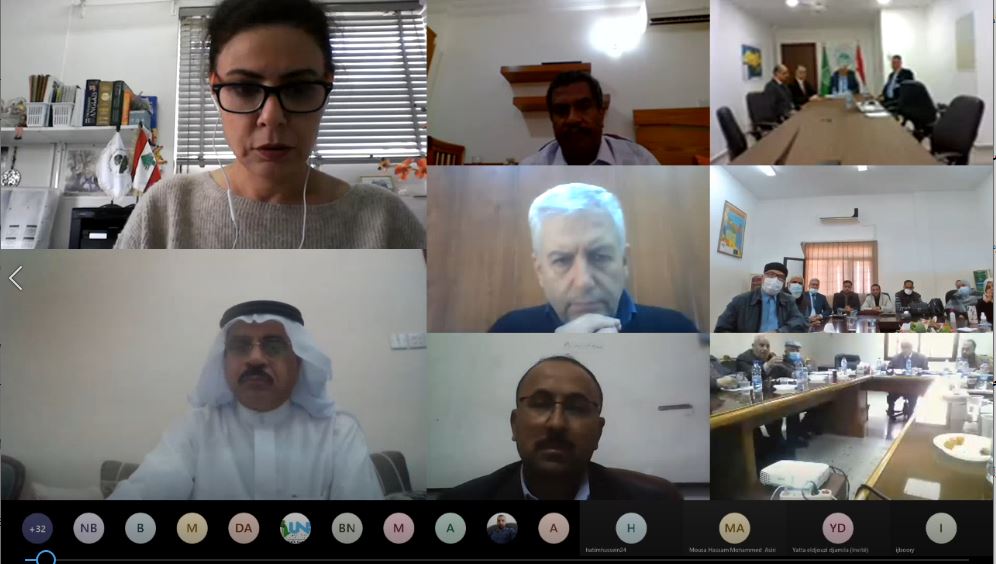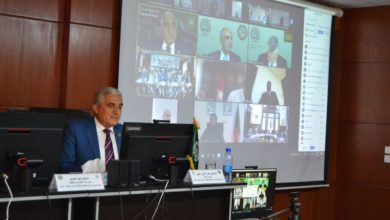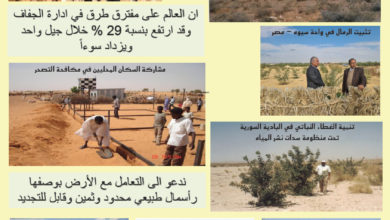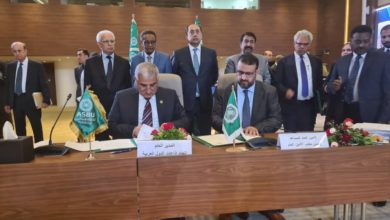The Biological control of palm pests// a scientific symposium in ACSAD.
A scientific symposium held by the Arab Center for the Studies of Arid Zones and Drylands (ACSAD), entitled “The Biological of dates Palm Pests,” discussed the most important factors and obstacles to biological control of dates palm and the prospects of their deployment in the Arab countries.
In a speech at the symposium’s opening, the Director-General of( ACSAD) Dr. Nasr Edin Obaid, stressed that the Arab Center (ACSAD) is seeking today, in cooperation with the ministries of agriculture and the environment, universities and the Arab agricultural engineers’ unions, to carry out activities and events in the field of biological control of date palm, development and scientific research projects, workshops, and training courses, aimed at upgrading the reality of palm trees in the Arab region, believing from ACSAD of the importance of this blessed tree, as being the desert tree and the vegetation address in the dry areas.
He pointed out that the participation of this large number of experts from all Arab countries in this vital and important topic is proof of the great importance of palm trees in the Arab region, confirming that ACSAD is keen that this seminar achieves its goals, the most important of which is the exchange of information available on the biological control of palm pests. Identify successful alternatives to pesticides, coordinate with all parties involved in this field, and develop an integrated plan to drive further research, organizational, and awareness-building.
The Director-General gave a comprehensive presentation on the achievements of the Arab Center (ACSAD) since its inception and its implementation of many important development programs and projects, which have yielded a significant economic return on Arab agriculture in both quantitative and qualitative terms.
The symposium, which was held recently through video technologies, focused on several axes, including the most important of palm pests in the Arab world and their vital enemies, the obstacles to the biological control of the red palm weevil, the success story of the biological control of the palm pests in Siwa Oasis in the Arab Republic of Egypt, and maximizing the role of biological control to reduce the use of pesticides in palm groves.
More than 70 researchers and experts from 14 Arab countries participated in the symposium, the Food and Agriculture Organization of the United Nations (FAO) representative, two presidents of agricultural engineers syndicates in Algeria and Bahrain, and participants from the Union of Arab Agricultural Engineers.




